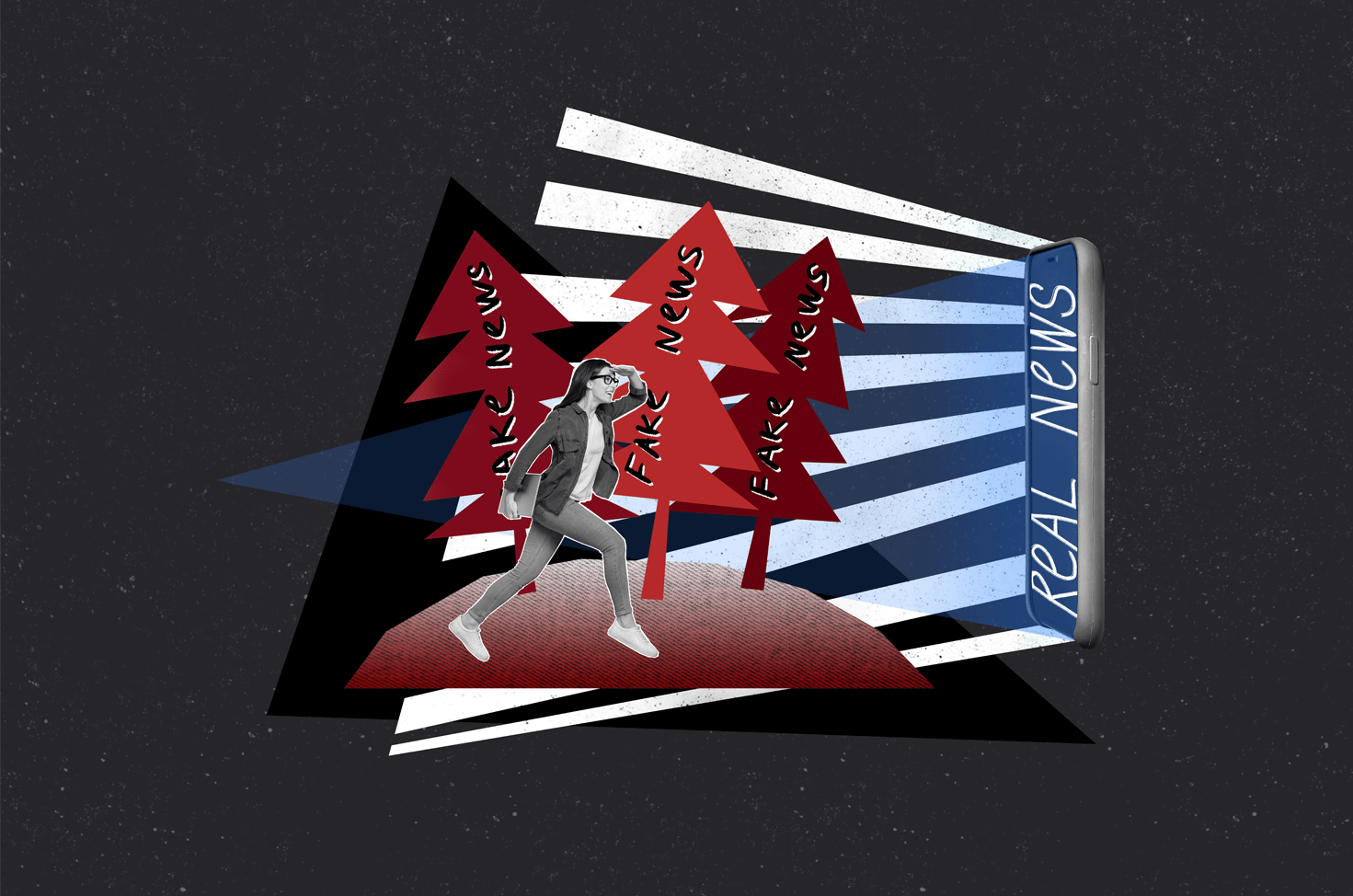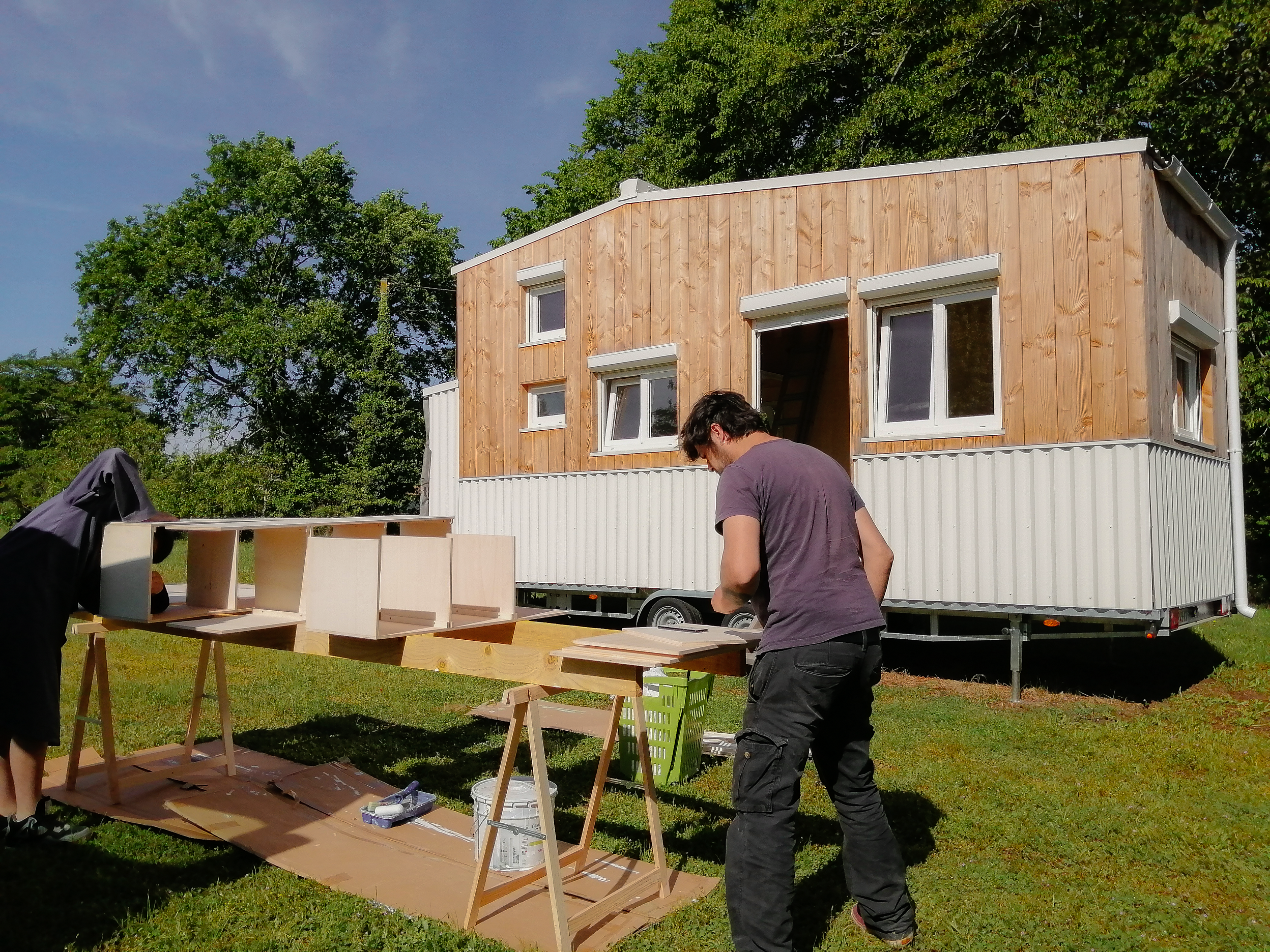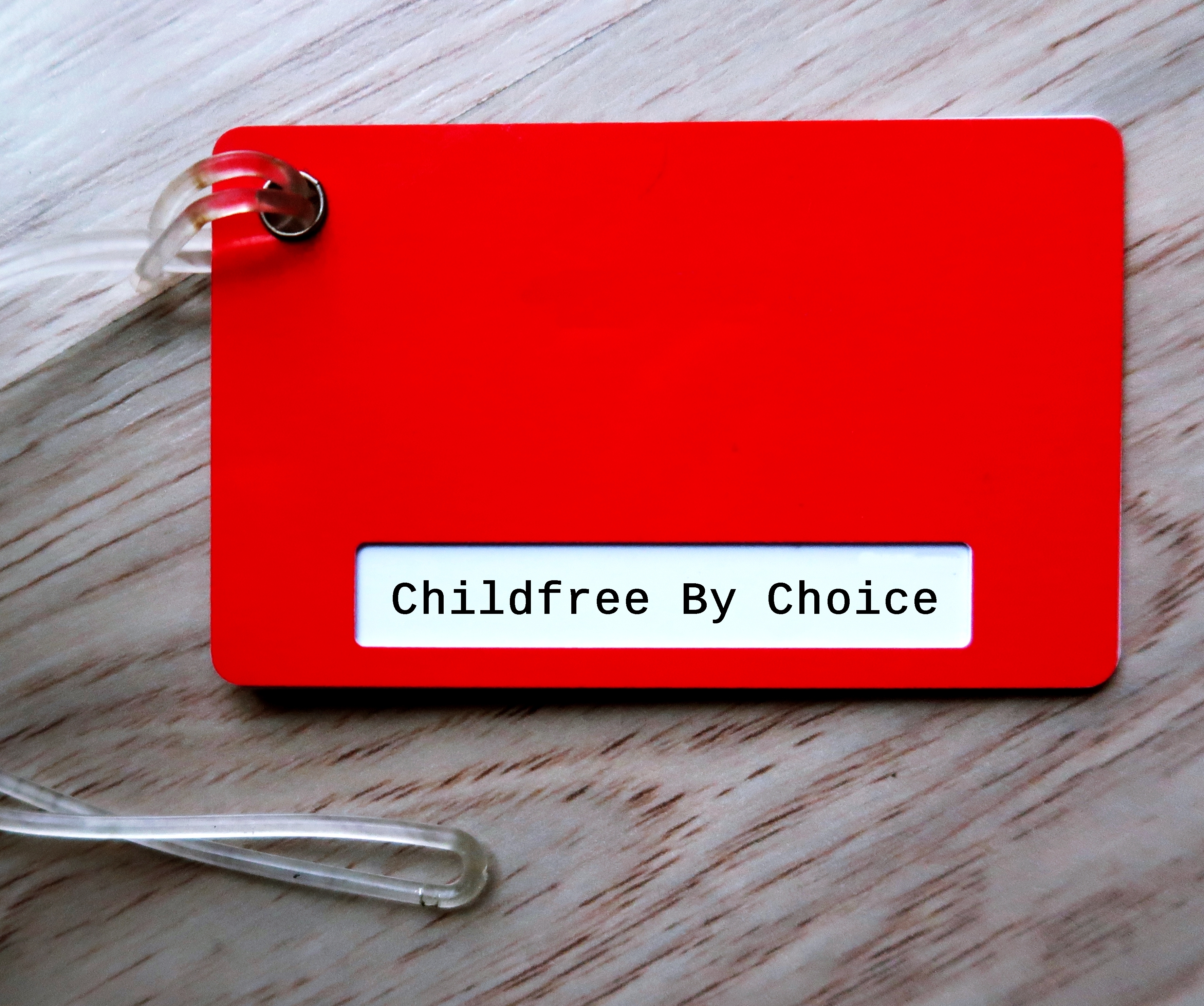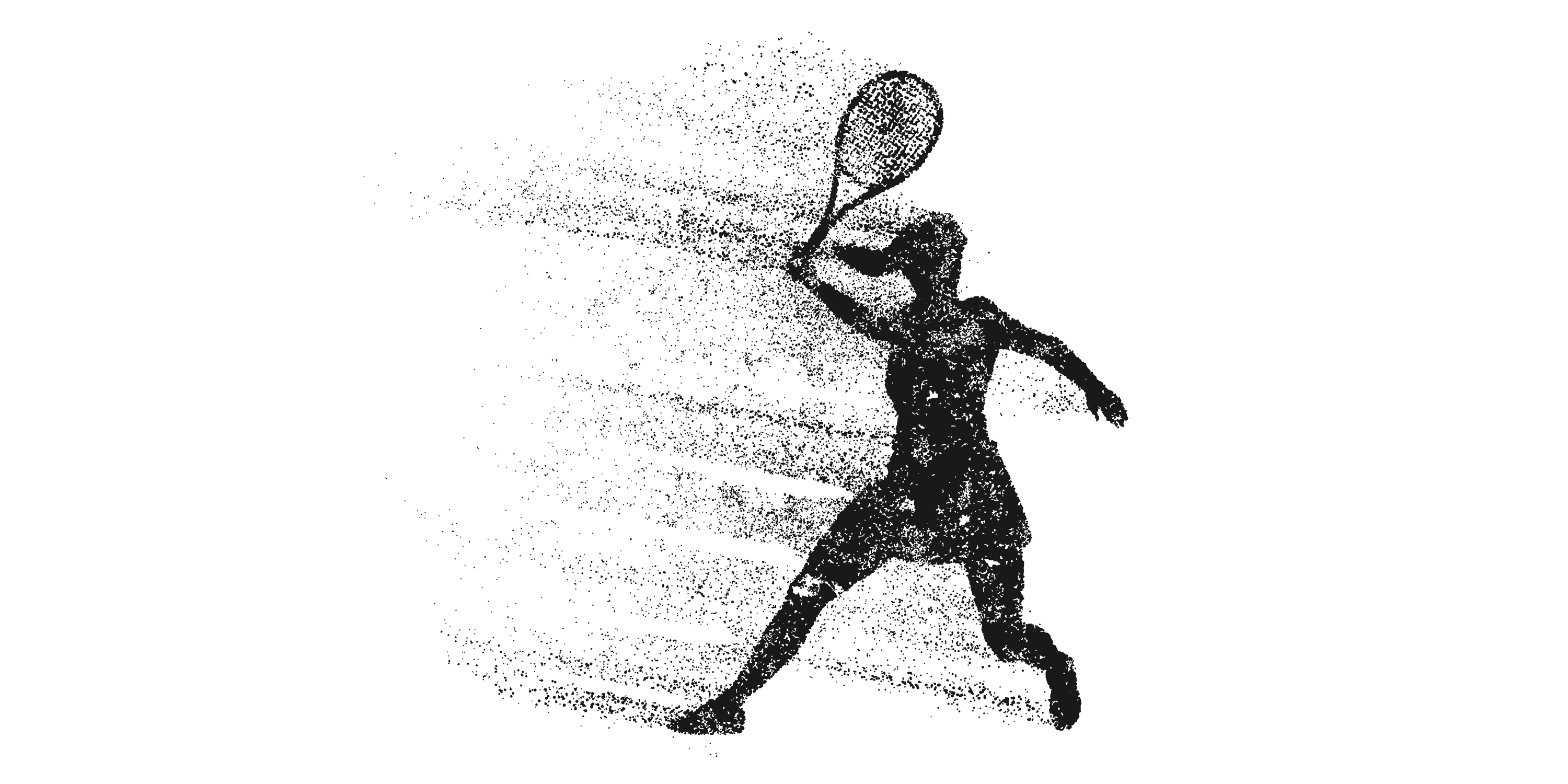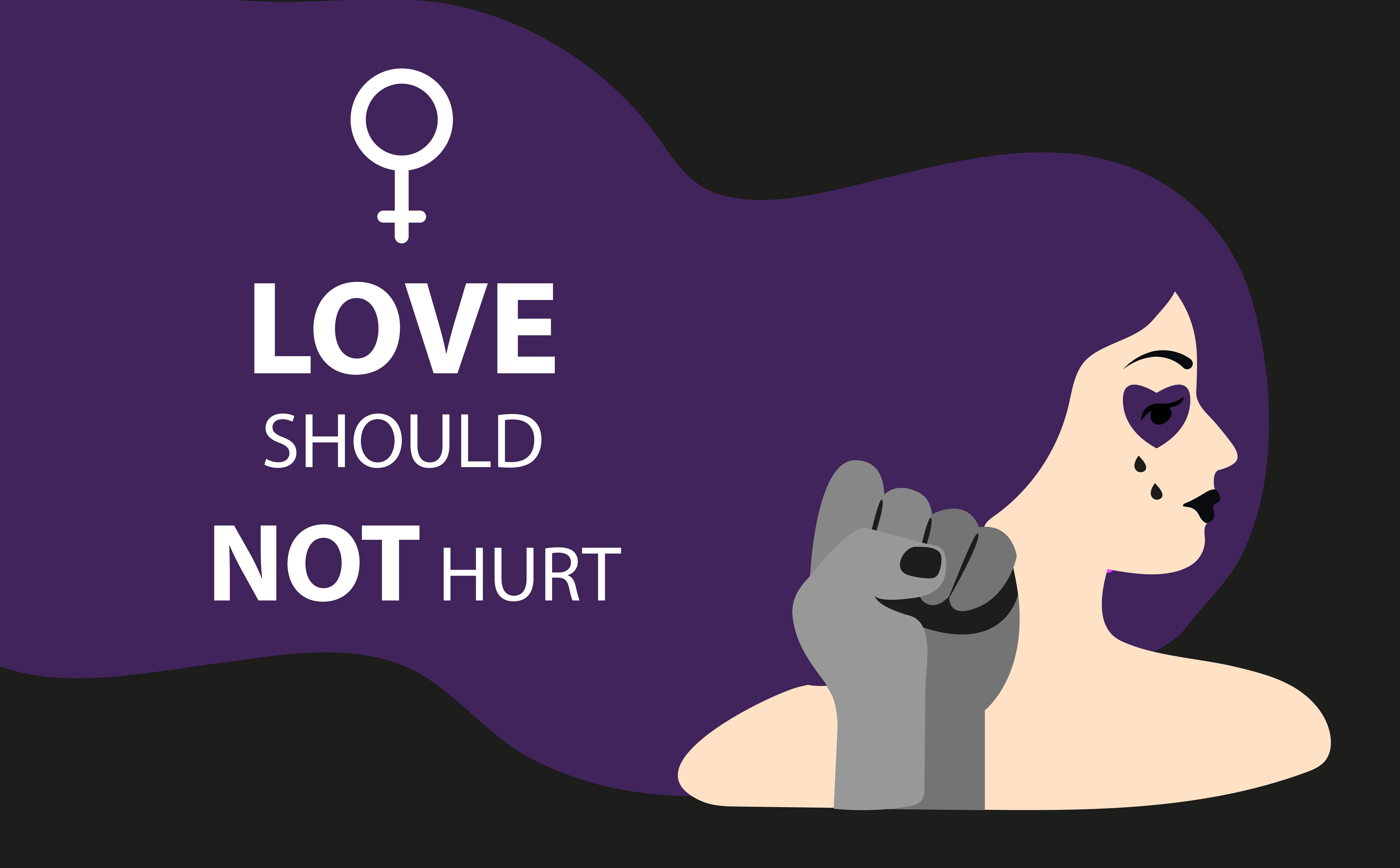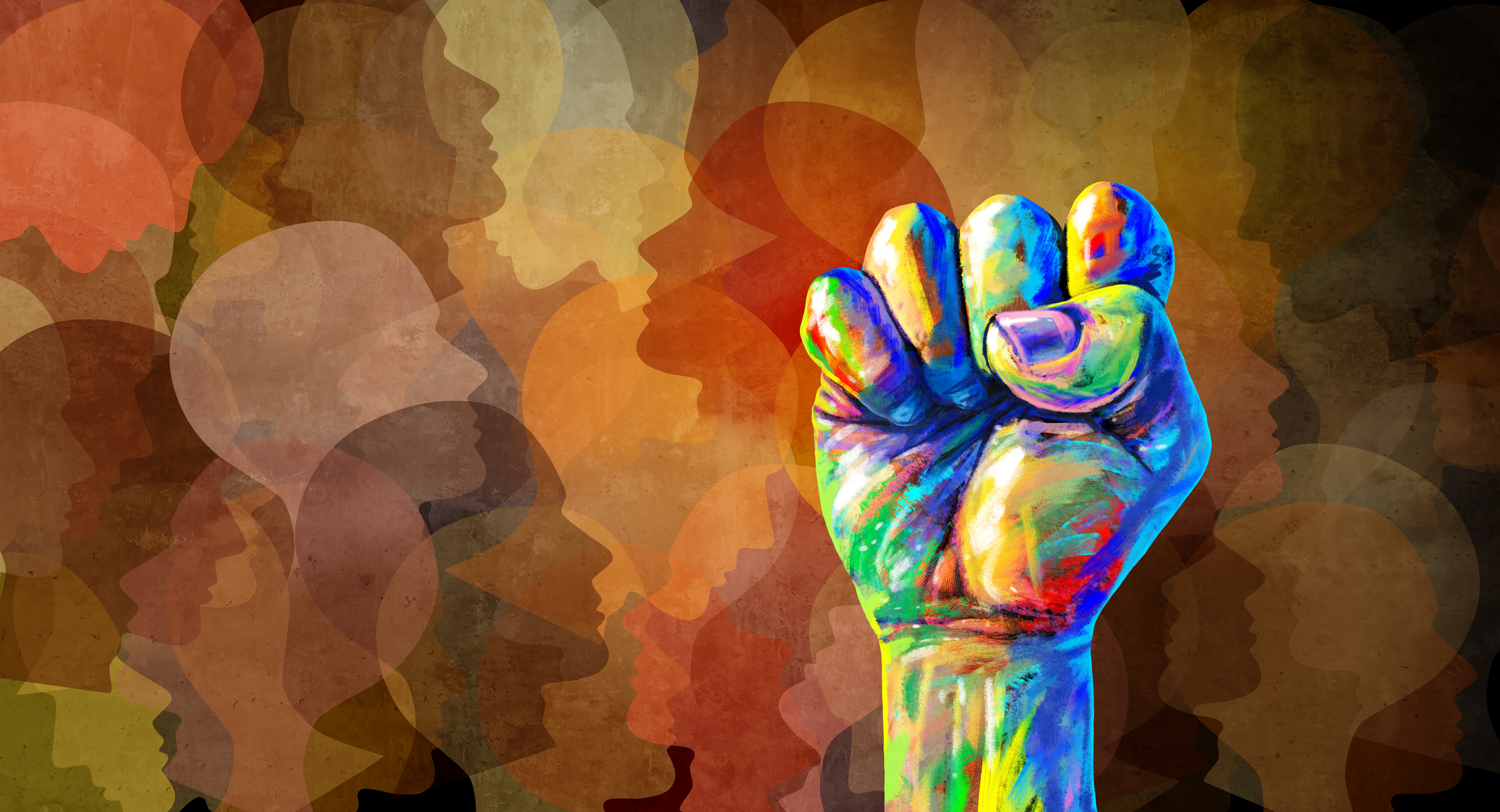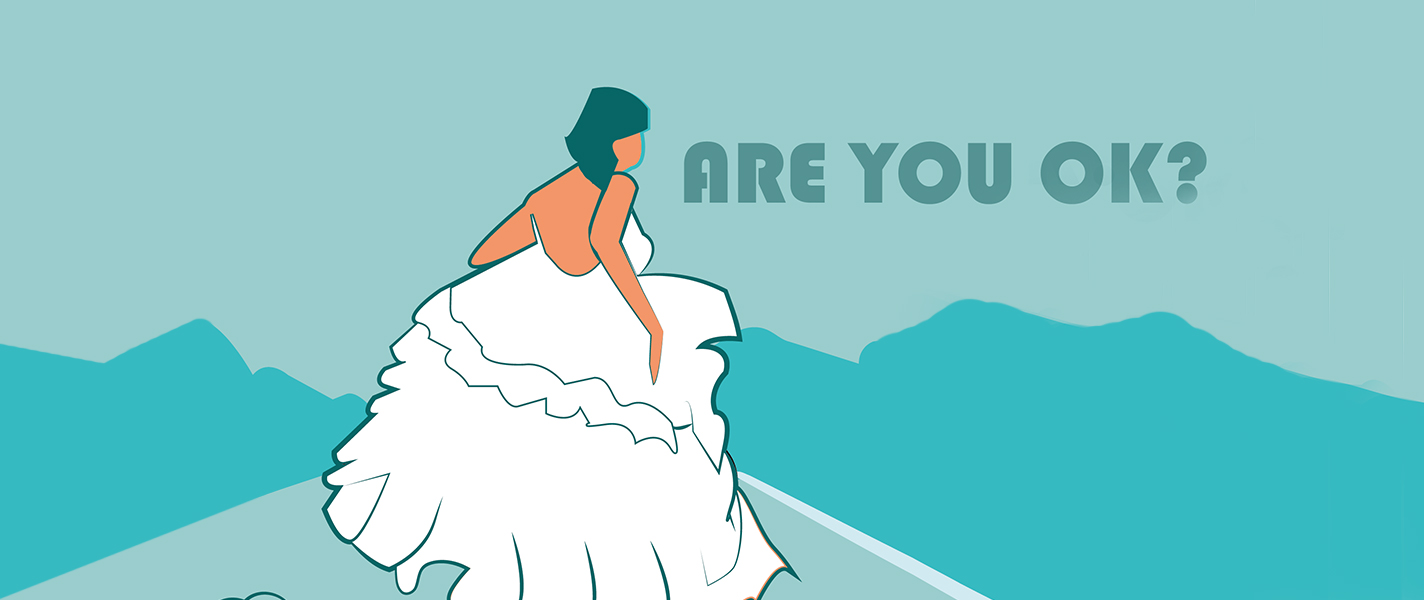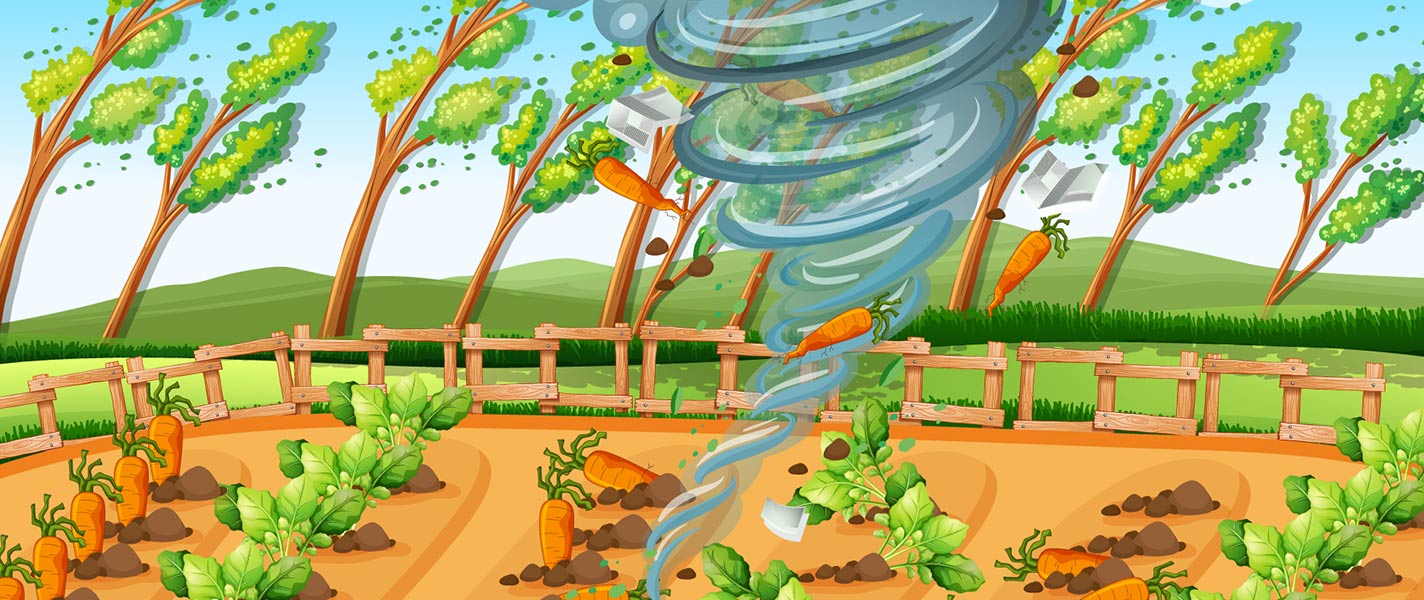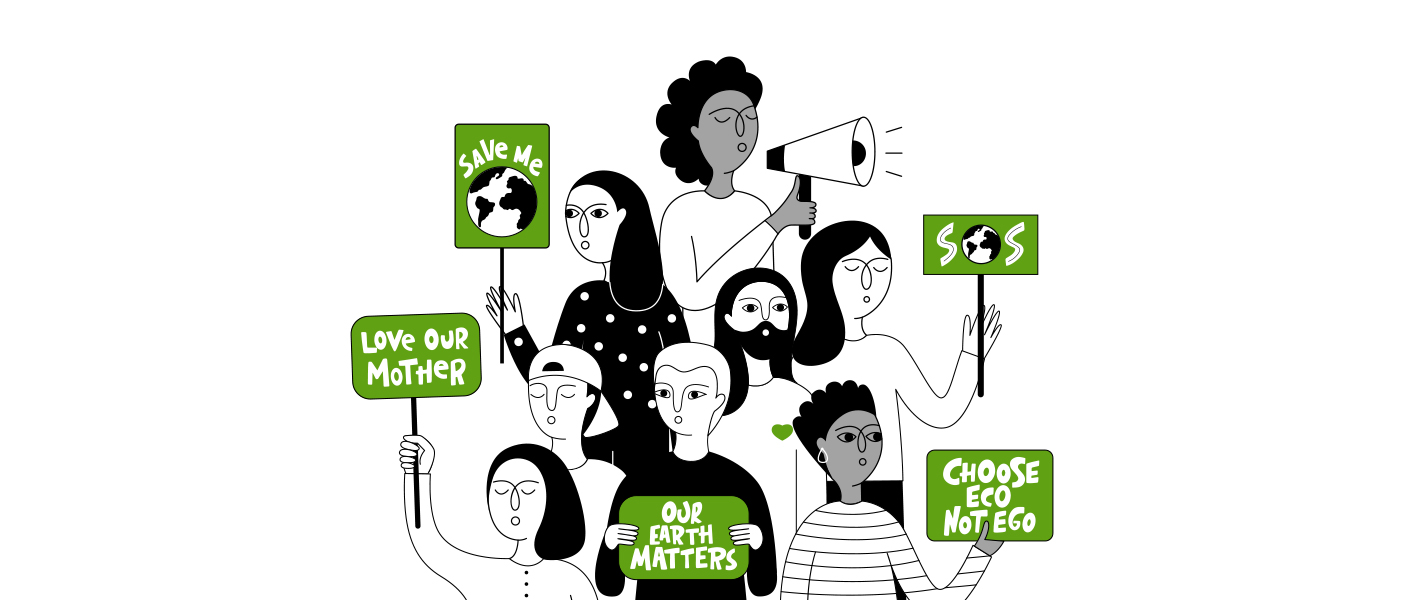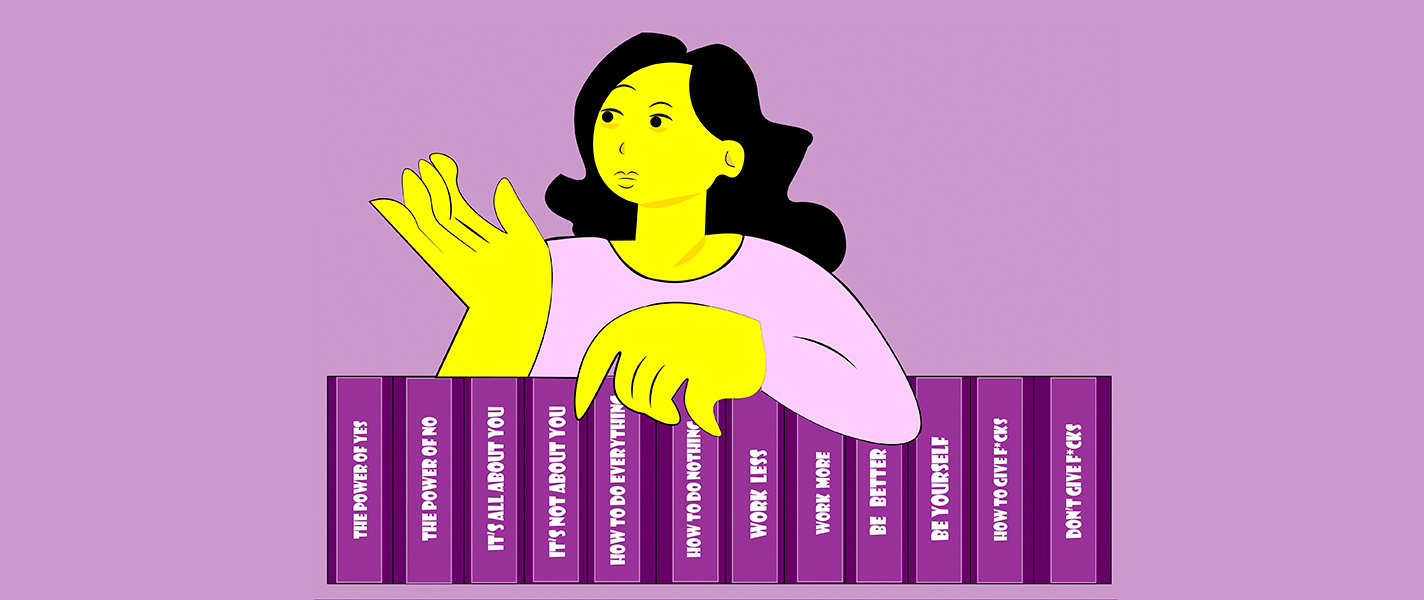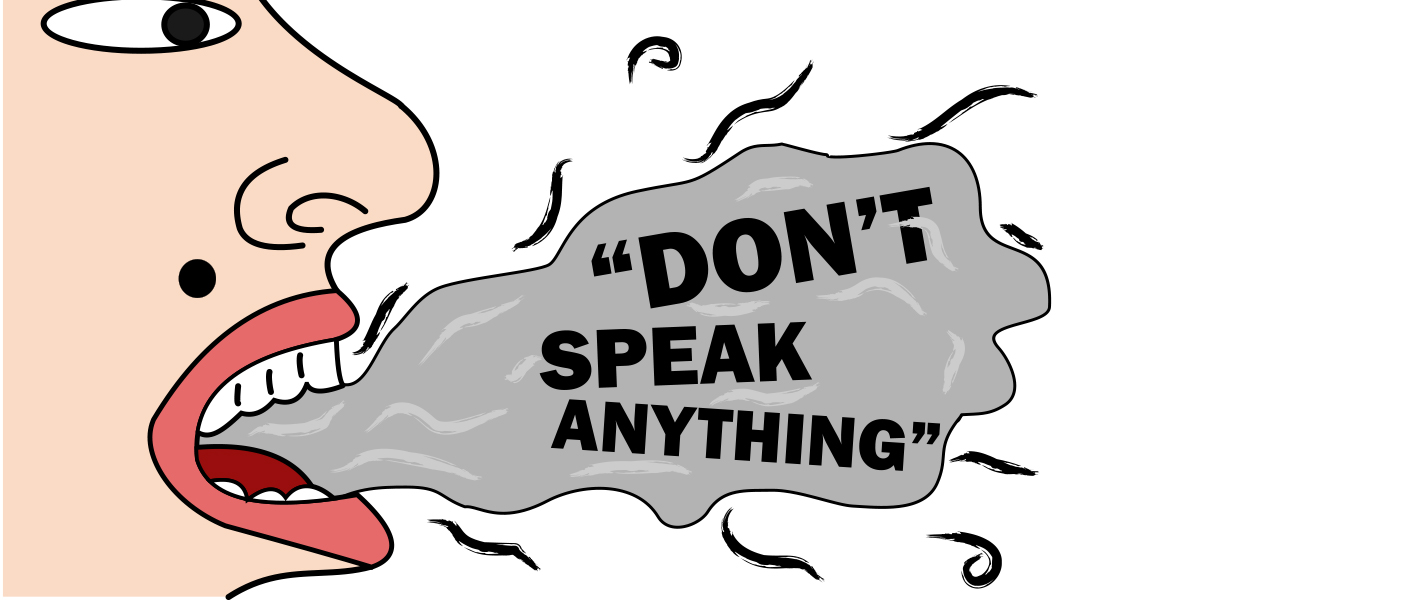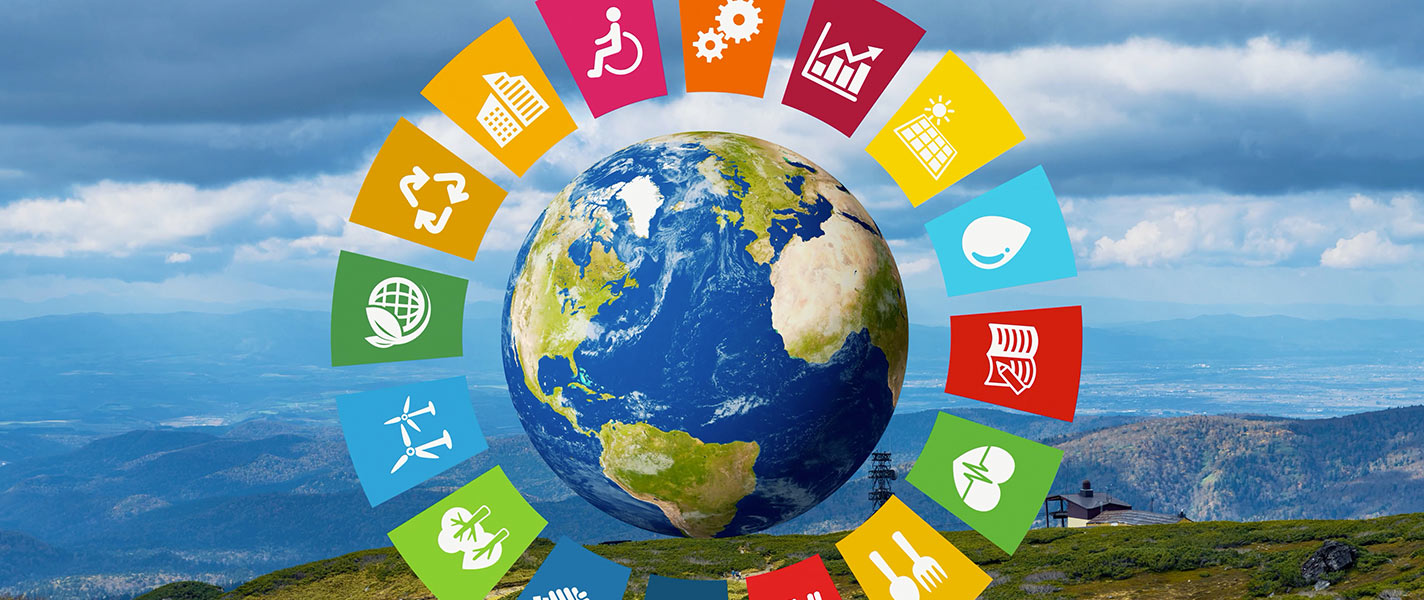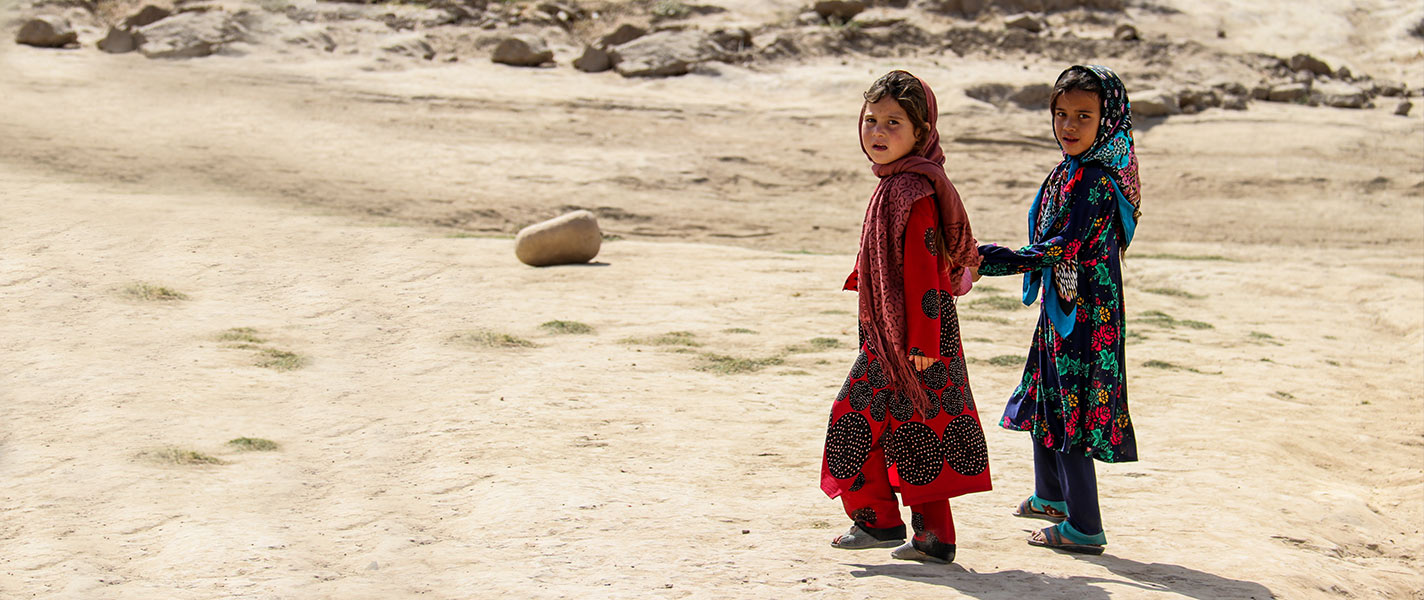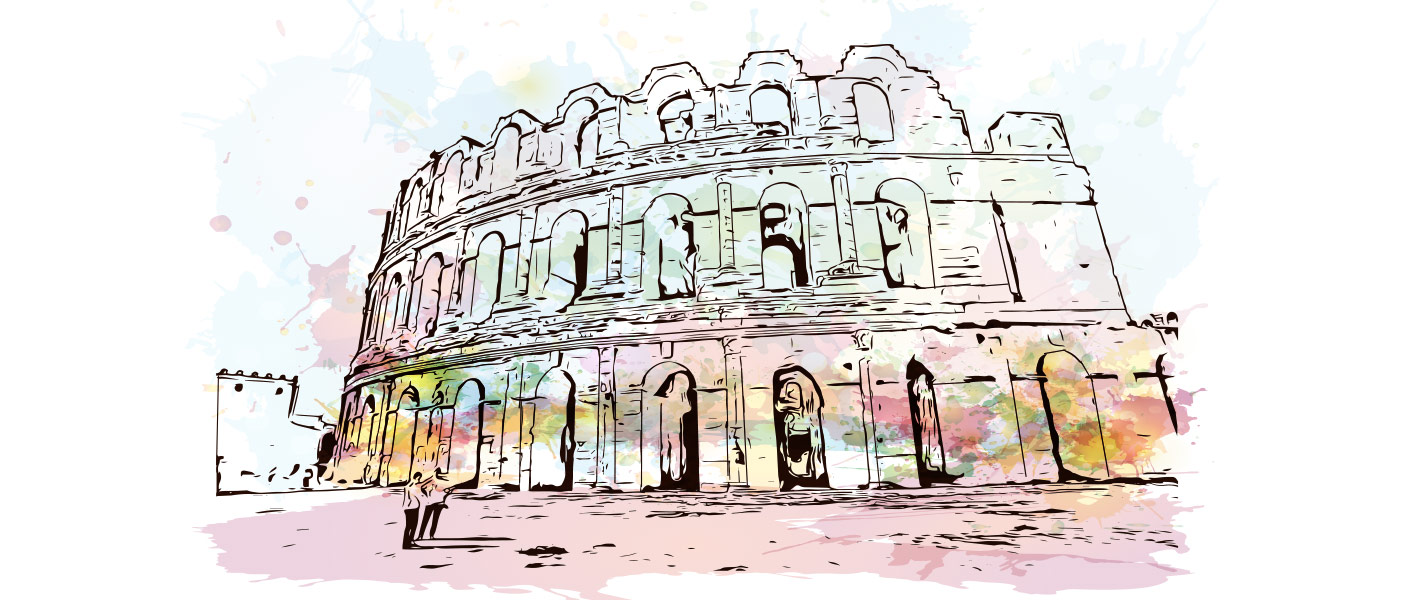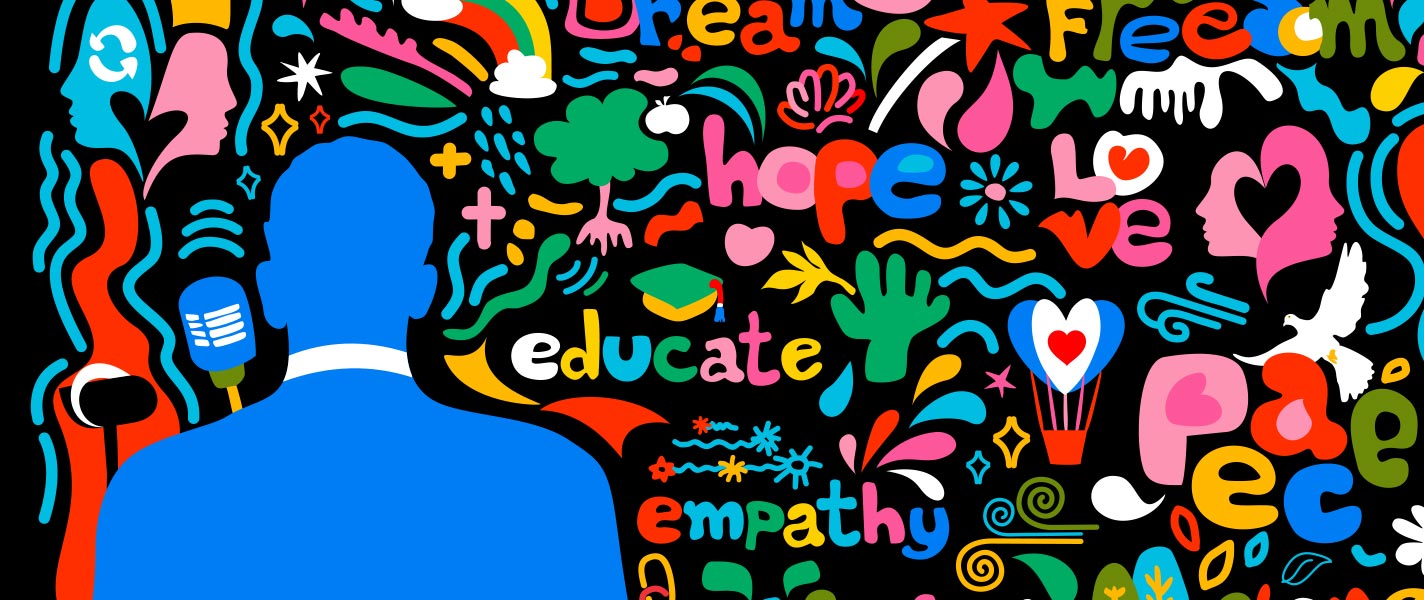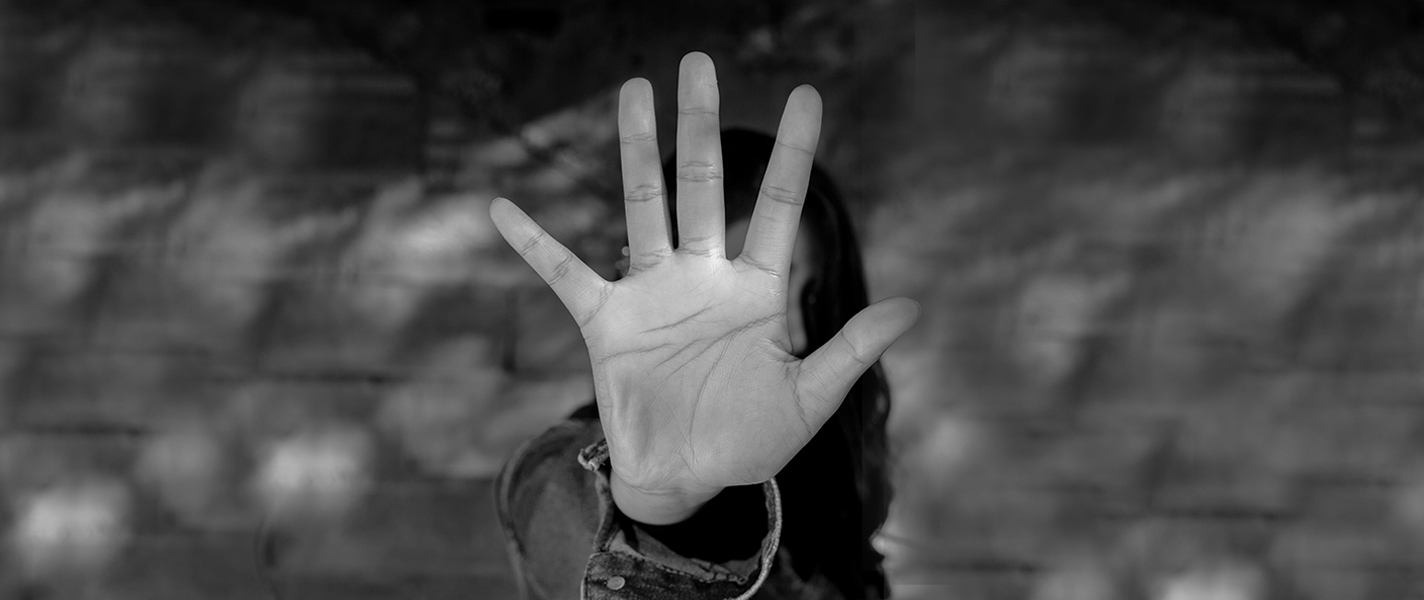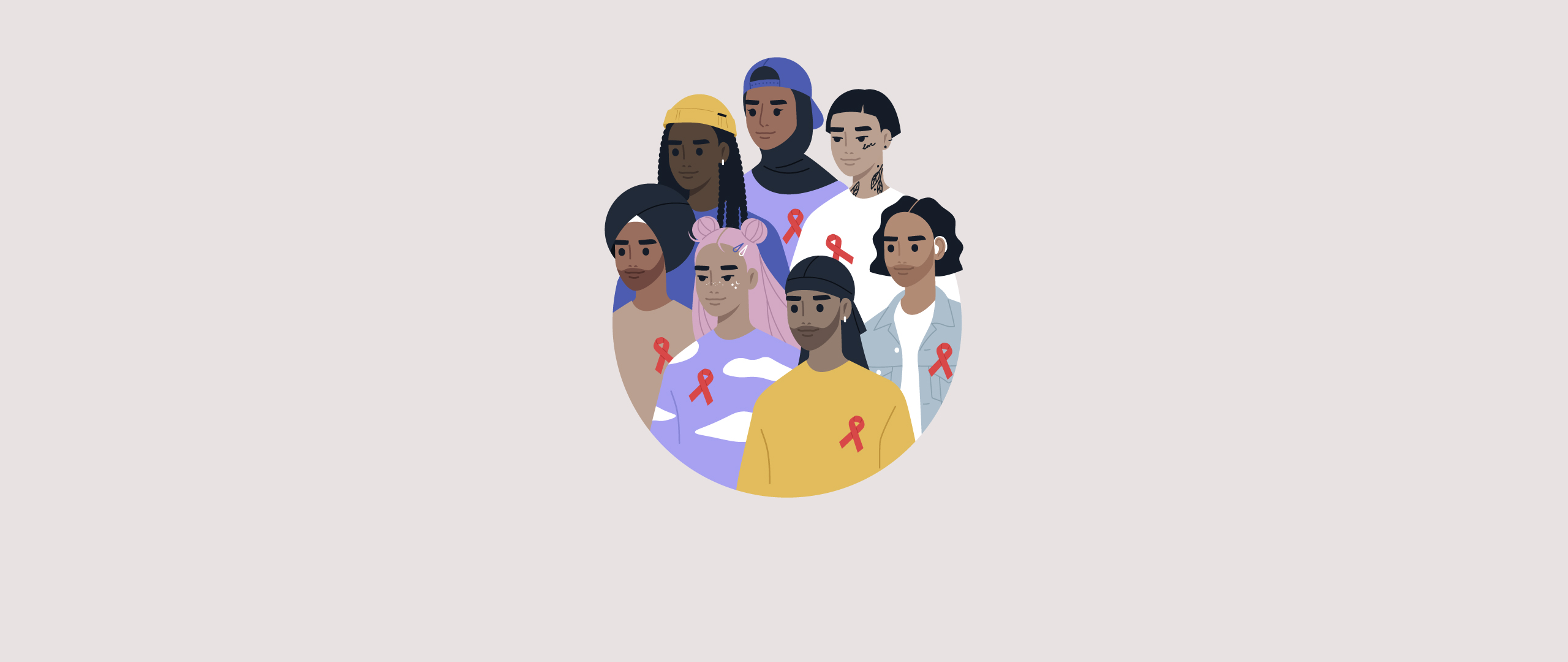Citizen Journalism: A Benediction and a Curse
With technology and social media and citizen journalism, every rock that used to go unturned is now being flipped, lit and put on TV. - LZ Granderson
What is journalism? When has it started? Or how was it created?
Though answering these questions can hardly be exact, the American Press Institute defines journalism as “the activity of gathering, assessing, creating, and presenting news and information.”
Actually, gathering, assessing, creating, and presenting information can be as simple as recounting to your friends how your last Saturday night went, and as complicated, critical, and thrilling as investigating a President’s secret affair, or announcing what a serial killer has been up to.
In fact, and although the proposed definition varies boundlessly, journalism is more of a human practice that has evolved through eras to be more refined and sophisticated. Indeed, just as journalism survived the printing press, the telegraph era, the golden age of television, and all other forms of media that emerged, it will undeniably adapt its methods and dynamics to cope with Citizen Journalism.
What Does Citizen Journalism Stand For?
Citizen journalism is mainly journalism that is conducted by people who are not professional journalists or trained reporters, but who disseminate information using ‘alternative media’ platforms such as websites and social media channels.
Being a ‘Citizen Journalist’ involves an array of tasks or possible duties that allow one to delve into the world of Journalism. The latter can include, but is not limited to, writing and sharing news, broadcasting live events, verifying existing information, and can even go to producing high-end audio-visual content.
Since its inception, Citizen Journalism has gained popularity for several reasons, mainly because it presents a great alternative to the speech of the Traditional Media and further highlights a diverse range of voices and perspectives with nil restrictions or censorship. Additionally, in general, Citizen Journalism becomes most active when existing professional journalists are not fully meeting their community’s informational or reporting needs.
Unconscious Responsibilities of Hidden Realities
With the rapid evolution of technology, almost everyone with the internet accessibility is now a Citizen Journalist. Yet, as one can already imagine the positive and negative effects this phenomenon can have, citizens who engage in such practices face increasing responsibility. Likewise professional journalists, citizens can have a tremendous impact on how the course of events can go, and countless examples from the Arab World can be stated here.
In reality, just like professionals, citizen journalists should be aware of the hidden agenda, source, and veracity of every piece of information shared with the audience. While this is part of the concept of “Media Literacy” that everyone should have a clear grasp on, individuals who decide to share or produce information on their own have to maintain an additional level of ethical standards.
Furthermore, as the field is still an emerging area of study, Citizen Journalists often tend to “emphasize community over conflict, advocacy over objectivity, and interpretation over fact-based reporting.” The practice of this belief can either have groundbreaking outcomes or fail miserably. In this case, it can be perceived as a double-edged sword, and everything depends on the awareness of the citizens in question.
A simile here presents itself. In short, Citizen Journalists can be seen as uncontrollable ‘dogs’. They can either be ‘lapdogs’, or ‘watchdogs’. Even better, ‘watchdogs’ to the professional ‘watchdogs’ (or professional journalists).
The reality is, you are a citizen journalist! So next time you share news on your Instagram or Twitter profile, make all necessary arrangements to be confident that a professional journalist will undeniably approve your content. Walk the extra mile, you are the protagonist of your own newsroom!
The article represents the views of its writer and not that of LEED Initiative.
